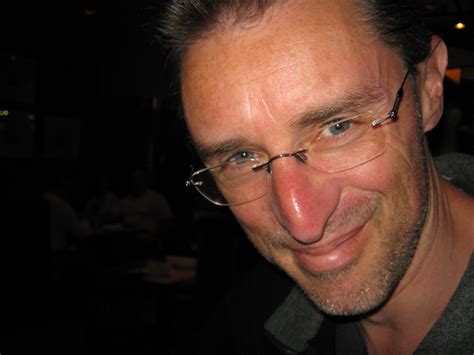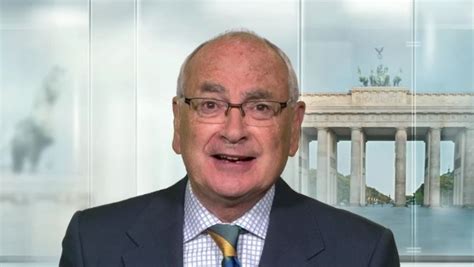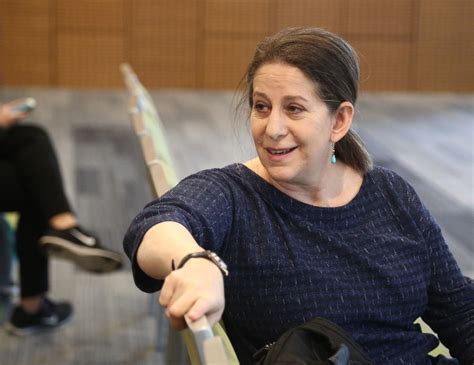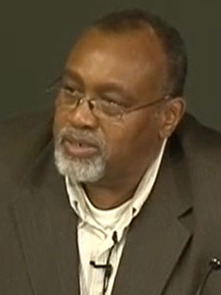A Quote by Jonathan Turley
For many, the recent disclosure of massive warrantless surveillance programs of all citizens by the Obama administration has brought back memories of George Orwell's '1984.' Another Orwell book seems more apt as the White House and its allies try to contain the scandal: 'Animal Farm.'
Related Quotes
Who are these evil ones? In 1984, the evil one was called Goldstein. Orwell was writing a grim parody. But these people running the United States mean what they say. If I were a teacher, I would recommend that all my students very hurriedly read most of Orwell's books, especially 1984 and Animal Farm, because then they'd begin to understand the world we live in.
George Orwell's '1984' frequently tops surveys of our greatest books: it's not a celebration of poetic language. It's decidedly anti-literary, a masterpiece of personal and political narrative sequence. And its subject matter is crucial, because what '1984' shows is that language can be a dirty trick.
I do not think the British want to become America's "Airstrip One," as the British Isles are called in George Orwell's "1984." The EU's internal market was a massive success even before the UK joined it, and it joined because there was no real alternative. So while British tabloids are expecting to be punished by Germany, Brexit is punishment in itself.
I used to wonder: Is Huxley right or is Orwell right? It turns out they're both right. First you get the new world state and endless diversions as you are disempowered. And then, as we are watching, credit dries up, and the cheap manufactured goods of the consumer society are no longer cheap. Then you get the iron fist of Oceania, of Orwell's 1984.
The fact that we don't' talk about it, that we don't have a politics in which this question of war and peace can even get onto the table, so that we can open up our Orwell, our 1984, or Animal Farm, or whatever, and read the political text that's being spotted to us on the television right off of the page; the fact that we don't have a politics robust enough to actually debate whether or not we want to be a country permanently at war. That's what keeps me from sleeping at night.



































